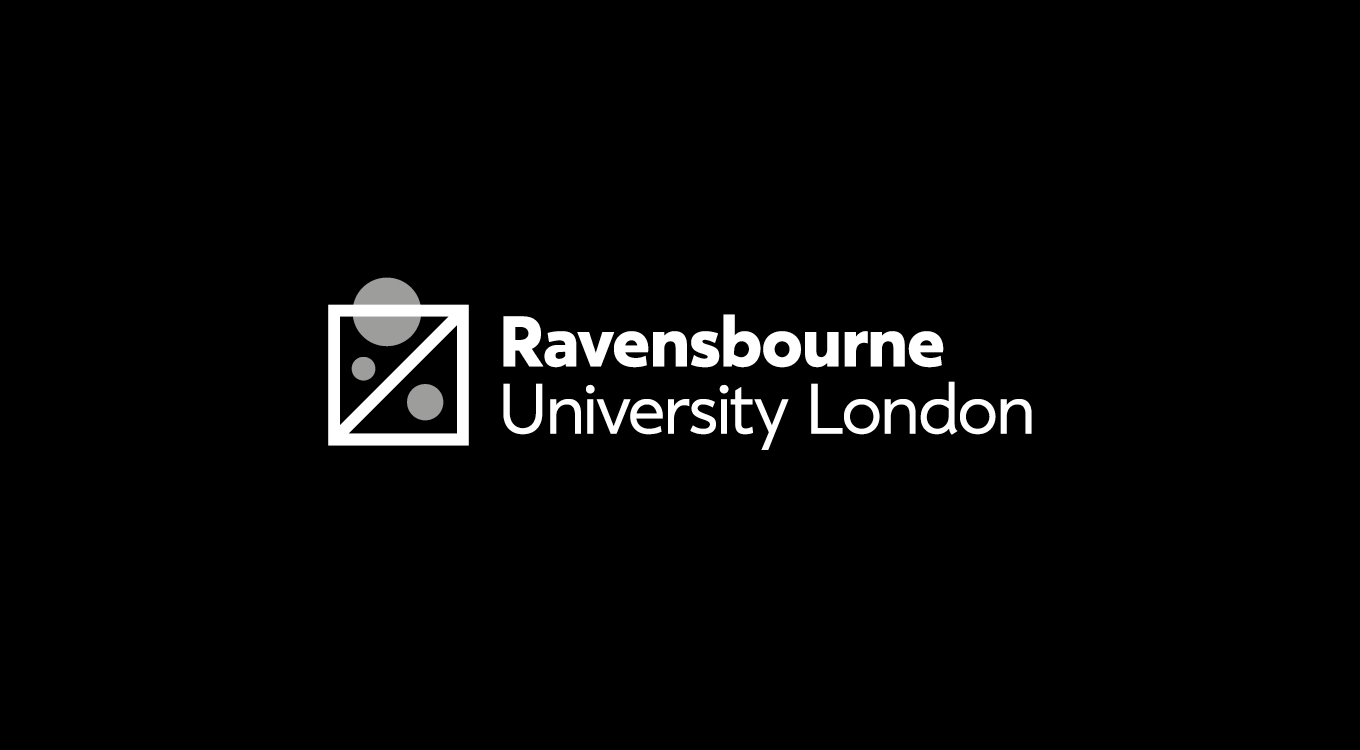Formerly BSc (Hons) Digital Television Technology, this reputable and unique television broadcasting degree will allow you to master the art of technical broadcasting during live streaming and pre-recorded events, as well as gain a deep understanding of the TV industry and the principles of broadcast engineering.
Why study this broadcast engineering degree?
- 40 years’ experience: one of the most esteemed courses of its kind in the UK
- 100% of our students are in paid work for an employer (Graduate Outcomes Survey 2018-19)
- Ideal for future broadcast engineers and TV broadcast crew
- Fantastic opportunities and industry links with TV and outside broadcast companies
- Fully equipped studio and transmission suite and access to virtual production facility
- You’re a name and a face: small cohort for a personal student experience
- Enthusiastic, industry-focused teaching staff
- Excellent alumni network of senior broadcast engineers.














